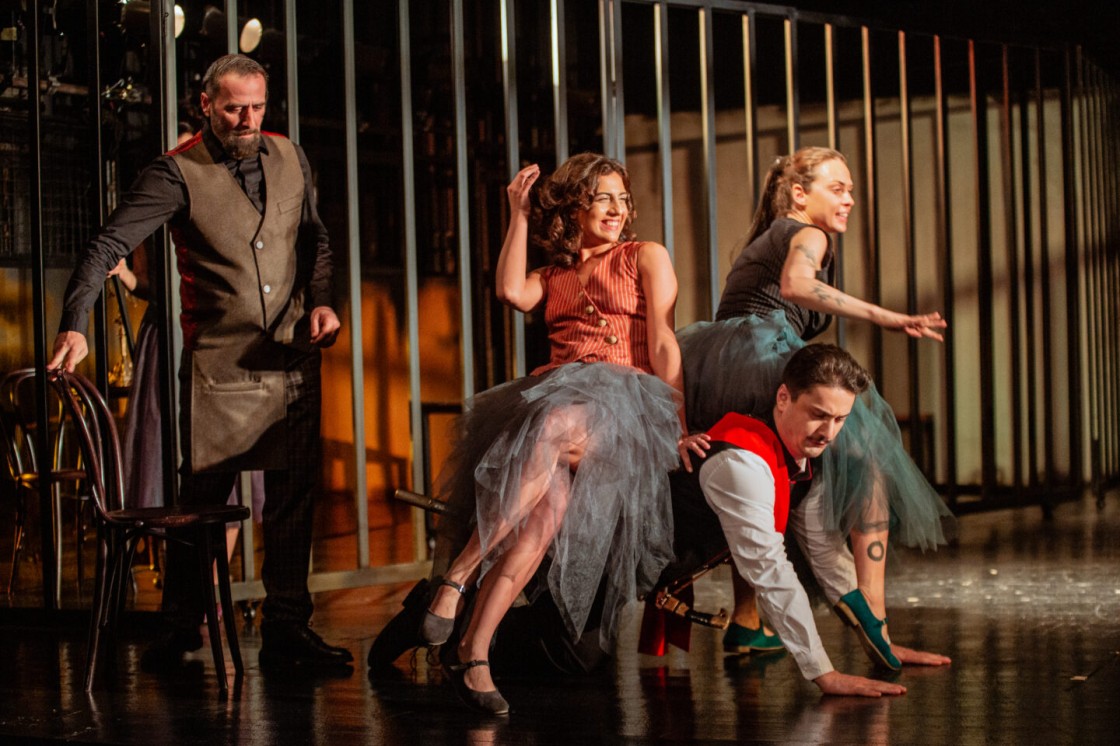Forefathers' Eve directed by Andro Enukidze soon in Gori
Forefathers' Eve Adam Mickiewicz's romantic drama considered not only unstageable but also untranslatable belonging to Polish national culture, has started to be taken up by artists of other nationalities: Lithuanians, Byelorussians or Georgians. Forefathers' Eve staged in a different language and in a different cultural context not only turns out to be understandable for a foreign audience, but also surprises Polish viewers with its freshness of interpretation. A performance directed by Andro Enukidze will take place in Gori on 11 November.
It came as a big surprise to me that a Mickiewiczian hero can be shown not only in a universal way, but also in a way that is understandable to a Georgian audience,’ stresses Jarosław Cymerman, deputy director of the Theatre Institute in Warsaw. In the Georgian interpretation of Dziady, the lightness and humour with which Mickiewicz's drama was staged came as a big surprise.
The accents were also distributed differently. The prison scene - usually presented with seriousness - was presented in a grotesque manner, in a way described by director Andro Enukidze as a tragedy dell'arte. Mickiewicz's Dziady (Forefathers' Eve) is not only a drama, a poem, but also a ritual, the participants of which - as the Georgian interpretation shows - can become the audience themselves.
As Jarosław Cymerman emphasises, the Georgian interpretation of Dziady also brings a certain interpretative freshness to the character of Gustav - Konrad. In Polish theatre, he appeared primarily as a rebel and a bard - in Georgian Dziady he is a trickster who wants to reverse reality.
In Andro Enukidze's interpretation father Peter also plays an important role. He is a character who brings metaphysics to the grotesque world. And the symbolic scene of coming out from behind bars shows the eternal desire for freedom that characterises every human being.
It is worth taking a look at the Georgian interpretation and getting to know one of the most important Polish national dramas of the Romantic era - in a contemporary context and in the interpretation of the outstanding Georgian director Andro Enukidze.
